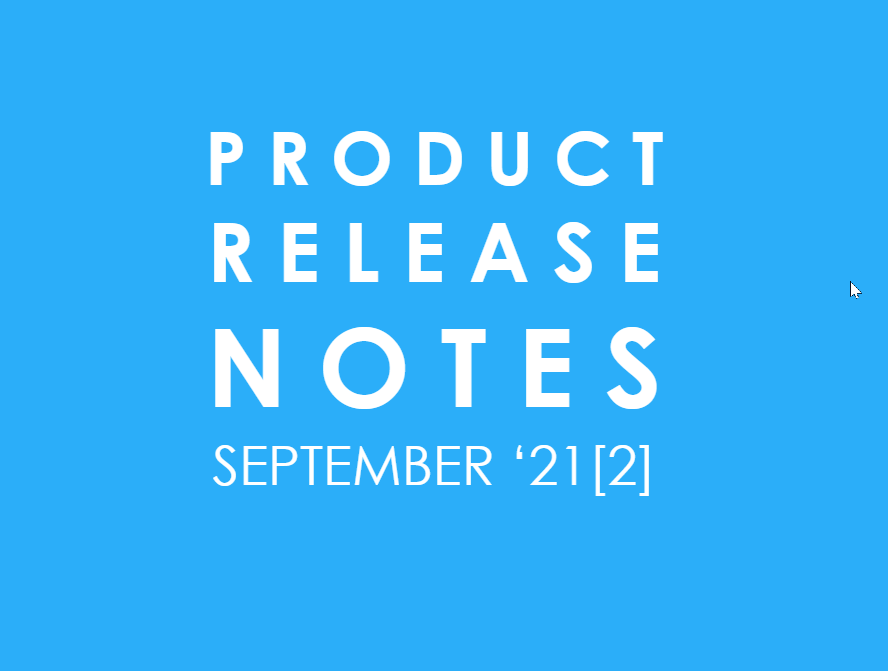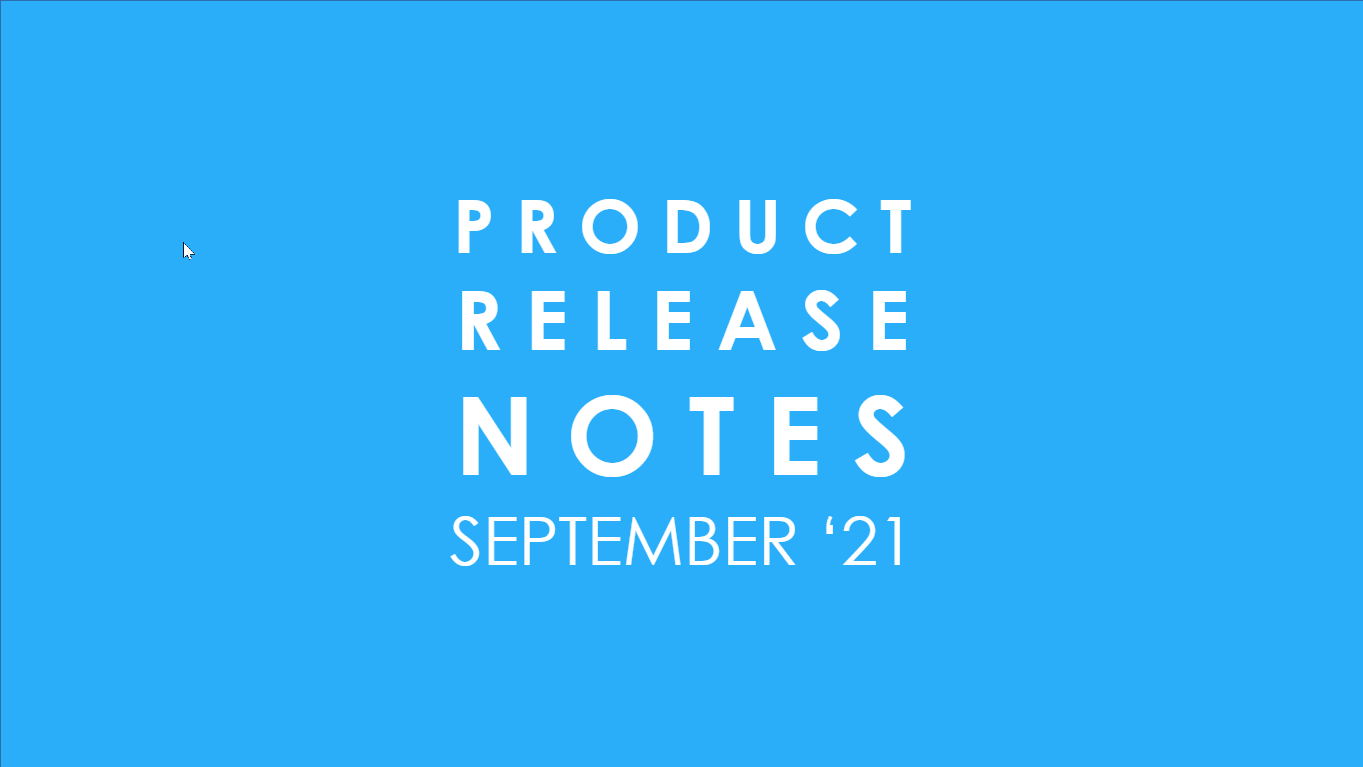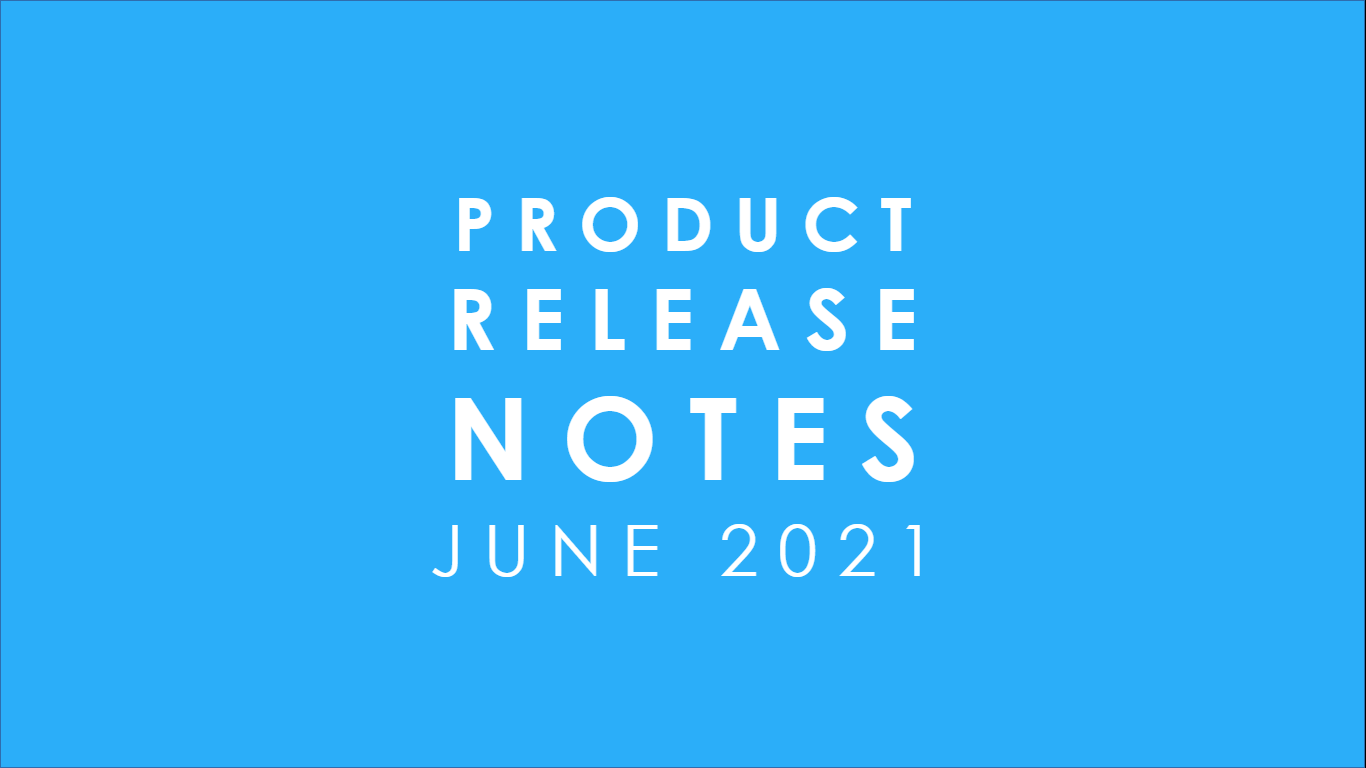Welcome to the December product release notes! At Kronologic, we believe in continuous improvement. To that end, these notes detail the feature enhancements and new functionality we released in December!
Active Scheduling Algorithm
Same Day Scheduling
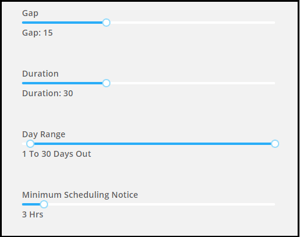 A very important update to the Active Scheduling Algorithm this month is the same-day scheduling.
A very important update to the Active Scheduling Algorithm this month is the same-day scheduling.
The meeting behavior section in the Meeting Type setup allows admins to define meeting specific aspects like the duration of the meeting, the minimum scheduling notice, the gap between meetings, and the number of days into the future the meeting should take place. By default, this is set to 1 to 30 days. With same-day scheduling, the day range can now be set to 0-30 days, enabling meetings to be proposed on the current day.
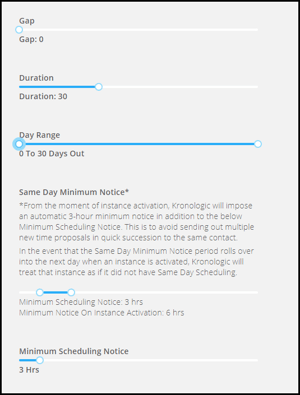 Once same-day scheduling is enabled, in addition to the “Minimum Scheduling Notice”, admins can set “Same Day Minimum Notice”. This adds an additional buffer on top of what has been already set for “Minimum Scheduling Notice”. The advantage here is that, when an instance is activated, though the contact will get a meeting proposal for the same day, the contact will be given more time to respond while simultaneously ensuring the rep isn’t surprised by a last-minute meeting.
Once same-day scheduling is enabled, in addition to the “Minimum Scheduling Notice”, admins can set “Same Day Minimum Notice”. This adds an additional buffer on top of what has been already set for “Minimum Scheduling Notice”. The advantage here is that, when an instance is activated, though the contact will get a meeting proposal for the same day, the contact will be given more time to respond while simultaneously ensuring the rep isn’t surprised by a last-minute meeting.
The minimum value that can be set for “Minimum Scheduling Notice” is 1 hr. For “Same Day Minimum Notice”, the minimum is 3 hrs.
For example, let’s say we have a meeting type with same-day scheduling enabled and the Minimum Scheduling Notice is set to 3 hrs. The Same Day Minimum Notice is set to 3 hrs by default, this means the total time from instance activation to the earliest possible meeting time is 6 hrs. With these settings, if an instance is activated at 8AM on Tuesday, the earliest time that could be proposed to the prospect is 2PM that same afternoon.
It is important to note that if the “Minimum Scheduling Notice” and “Same Day Minimum Notice” are set such that the total notice time rolls over to the next day, the meeting time proposed will be for the next day. In this scenario, the AI considers same-day scheduling to be disabled.
If the first proposal goes out on the same day as the instance was activated and the contact does not respond, another attempt email may go out on the same day but the proposed meeting time will not be the same day.
AI Improvements
Continued training with real-world replies has resulted in a 20% increase in intent identification accuracy over the previous month.
This enhancement creates a foundation for further improvements in identifying unsubscribe & out of office intents as well as identifying intent for highly used sentence types. Let’s understand this better with examples.
• Out-of-office intent: If a contact has set-up out- of-office replies, Kronologic now identifies the automatic reply received and in response, the meeting instance status is changed to “Requires User Intervention” and a note “Out Of Office Response” is added to the instance history. This can be useful to admins coming back from a holiday in identifying where to focus efforts.
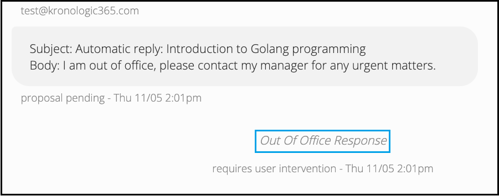
• New date and time proposal intent: Kronologic is now even better at interpreting more nuanced responses where a person is indicating acceptance, decline, or proposing alternate time periods.
Beyond these, when Kronologic detects an unsubscribe intent through email responses like
"Why am I receiving this? Please unsubscribe me from your list.",
the meeting instance is changed to a "Declined" state with an "AI Detected Unsubscribe Request" note to the instance history.
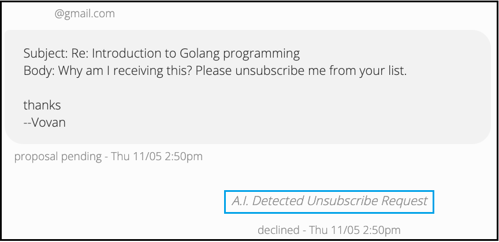
The feature not only automates the meeting time negotiation process but also takes it to the next level through accept, decline, unsubscribe, and out-of-office (OOO) intent recognition and corresponding steps and notifications.
Operations
Channel Page Improvements
With this feature enhancement, when a user tries to create a new channel or tries to update an existing channel, any invalid or incomplete fields are highlighted with a red border and unless the valid entries are made, the channel can not be created or the change to an existing channel can not be saved.
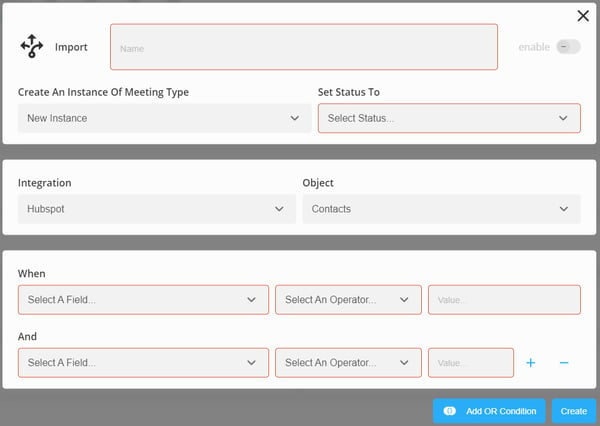
Another change to the channel object is the conditional operators for channel logic. Up until now, supported operators were limited to:
ο Contains
ο Does not contain
ο Is
ο Is not
Admin can now use the following additional operators to carry out more advanced sets of logical conditions:
ο Greater Than
ο Less Than
ο Greater Than Or Equal To
ο Less Than Or Equal To
Infrastructure
Calendar Service Scaling
With the new infrastructure improvements, Kronologic now makes 30% fewer API calls making the calendaring service 25% faster.
This means that Kronologic can process calendar-specific events more quickly leading to faster downstream services like Responses & Scheduling.
Experiences
Manual Routing Added to Instance History
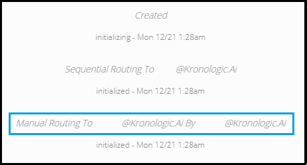 This enhancement to the meeting instance history adds a note to the history whenever a meeting instance is manually routed to a user.
This enhancement to the meeting instance history adds a note to the history whenever a meeting instance is manually routed to a user.
For example in the attached screenshot, the meeting instance was routed to user “A” via sequential routing but was later manually routed to user “B”. The note also mentions the email for the user who made the routing change.
This feature is enabled for all meeting instances.
Originally published Dec 28, 2020 1:20:30 PM, updated
Topics: Product

Written by Snehal Jogdand
Snehal Jogdand is a dynamic business professional with 7 years of diverse industry experience. She is passionate about developing innovative solutions that combine cutting-edge technology with a deep understanding of customer needs. With an extensive background in both customer driven roles such as sales, marketing, market research as well as technology driven roles such as business analyst, product owner and scrum-master, she upholds tech-driven approach to problem solving.

